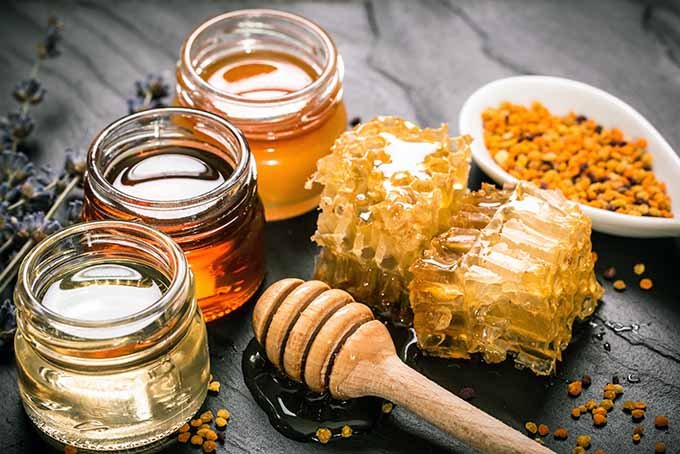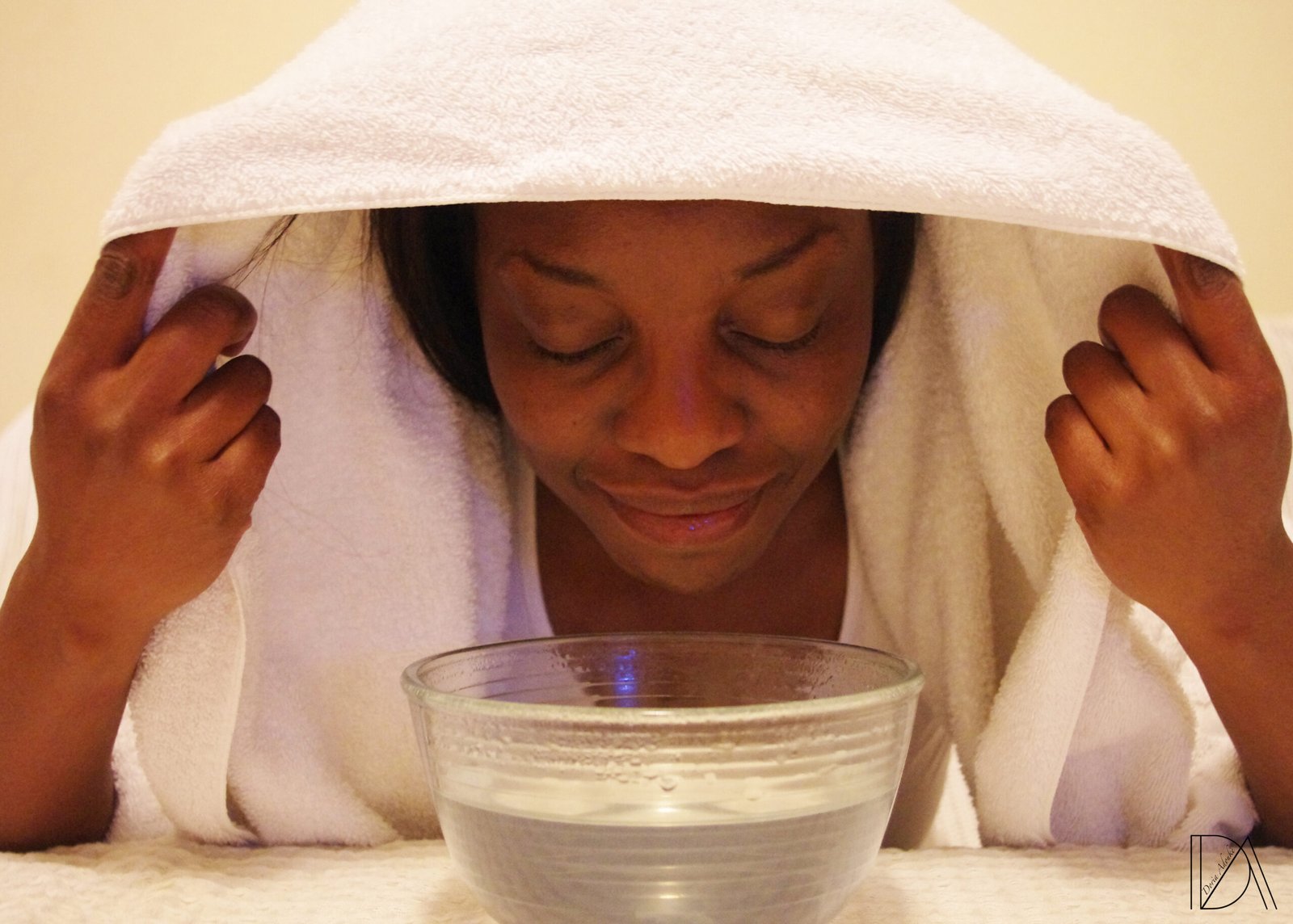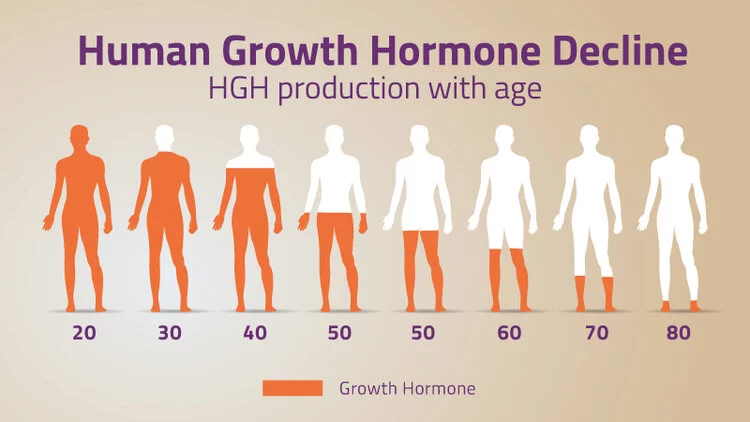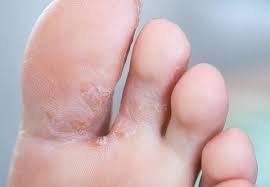Whether you’re looking to increase your energy level, or you’re simply looking for something that will help your body recover quicker, there are a number of benefits to using honey. Read on to learn more!
Antioxidants
Several studies have shown that antioxidants in honey have a protective effect on humans. These compounds can protect against free radical damage, premature cell death, and inflammation. They may also reduce the risk of heart disease and certain cancers.
The antioxidant capacity of honey was determined by a photochemiluminescence method. The activity of honey was measured in the lipid-soluble and water-soluble fractions. The results were expressed as means with standard deviations.
The highest antioxidant activity was observed in dark honey. This is probably a result of the presence of phenolics. It is important to note that the level of antioxidants in honey varies from region to region.
The most potent types of honey demonstrated antioxidant activity comparable to that of Manuka honey. However, the study was limited to only four varieties. The IC50 values varied from 5-45 mg/l. This was a small sample size and more extensive studies are needed to further confirm the potential of honey as an anti-oxidant.
The antioxidant content of honey was also analyzed by color characteristic multivariate analysis (PCA). PCA is used to identify similarities and differences in the composition of honey samples. This technique was also used to classify honey into categories.
The most significant correlation between the DPPH assay and TPC was a low non-significant negative correlation. Similarly, the ABTS*+ assay and TPC assay were not highly correlated.
Prebiotics
Several studies have shown that certain kinds of honey have bioactive properties that could be beneficial to the gut microbiome. The best doses of vidalista 20 are those that help with impotence. However, the exact mechanisms responsible for these effects are not completely understood.
Prebiotics are non-digestible carbohydrates that are able to promote the growth of good bacteria in the gut. These bacteria aid digestion and contribute to overall health. They also produce vitamins.
Some types of prebiotics include garlic, bananas, and chicory roots. Raw honey is considered a good source of these oligosaccharides. The prebiotic properties of honey depend on the plant’s origin.
Honey contains low molecular weight polysaccharides, which are oligosaccharides that are not digested by the human body. These oligosaccharides are then fermented by the beneficial microflora in the large intestine. They then produce short-chain fatty acids that help the digestive tract have vitamins.
In addition to the oligosaccharides in honey, it contains a variety of antioxidants. These antioxidants are thought to protect against disease. They can also reduce blood pressure.
The ability of honey to help the immune system is another factor to consider. In fact, a recent study has shown that honey may have anti-inflammatory effects. This means that it can reduce inflammation associated with chronic gut-related conditions.
Antibacterial properties
Several types of honey are known to have antibacterial properties. This natural substance is used as a traditional remedy for microbial infections and is believed to offer wound-healing activity. In addition to these benefits, it provides a protective barrier to prevent infection.
The bactericidal effects of honey vary with its source. This can be explained by the components of the raw materials that contribute to the total antibacterial activity of the honey. The physical properties of honey may also have an influence on its antibacterial effect.
The bacterial growth in honey is inhibited due to its high sugar content, which exerts an osmotic pressure on bacterial cells. This results in the transport of water out of the cell.
Different types of honey have been studied for their antibacterial activity against the Pseudomonas aeruginosa strain 1773. These include non-peroxide, catalase-treated, and proteinase K-treated honey. Among the samples, the non-peroxide honey showed the highest potency. This honey displayed similar bactericidal effects to artificial honey. The MIC values of the catalase-treated and the proteinase K-treated honey were higher than that of the untreated honey.
The antibacterial activity of the tested honey types was correlated with the levels of catalase, and also the TPC and antioxidant activities. The correlation was low and did not reach statistical significance.
Antiviral properties
Among its many health benefits, honey also has antiviral properties. This natural compound has been found to be effective against a number of viruses, including influenza, coronavirus, and SARS-CoV-2.
The effects of honey on viral infection are mainly related to its ability to protect vital cellular components from oxidative damage. It can also trigger the downregulation of inflammatory markers such as interleukin-1 (IL-1), tumor necrosis factor-a (TNF-a), and mitogen-activated protein kinase (MAPK).
It has been shown that honey can strengthen the immune system. In particular, honey activates T lymphocytes and B lymphocytes. It also increases the proliferation of these cells, which can protect the human body from infections. It can also increase the number of antioxidant agents in the serum.
Several studies have investigated the effects of honey on the immune system. One study showed that honey inhibited bacterial growth by changing exopolysaccharides. It also decreased alanine transaminase, lactate dehydrogenase, and triglycerides.
It has been found that honey can promote wound healing. In addition, honey reduces systolic blood pressure in experimental animals. Besides, it has the ability to stimulate macrophages and stimulate the phagocytosis process. It may also inhibit the development of biofilms.
Honey is an effective antibiotic, and is used for medicinal purposes in most ancient cultures. It contains bioactive compounds, such as bee pollen, as well as flavonoids, phytochemicals, and antioxidants.
Anti-allergenic properties
Among the many health benefits of honey, one of the most interesting is its anti-allergenic properties. The immune system uses honey as an anti-inflammatory agent to help soothe symptoms.
Honey has been used for medicinal purposes since ancient times. It has been found to have antioxidant properties that may protect against Alzheimer’s and cardiovascular disease. It has also been found to improve digestion.
Honey can be used as an alternative to sugar, and some people use it as a cough suppressant. It is also a good additive to sauces and baked goods. It is a natural sugar and can be used to top cornbread or green tea.
The best way to reap the health benefits of honey is to eat it in moderation. A spoonful a day can be beneficial to those suffering from allergies. The carbohydrates in honey act as prebiotics, promoting healthy gut bacteria.
In addition to the benefits mentioned above, honey contains a variety of vitamins and minerals. It also has antibacterial, antifungal, and antiviral properties.
While no formal studies have been done to determine whether or not honey is a treatment for allergies, several studies have shown that it can help alleviate seasonal allergy symptoms.
Raw vs pasteurized
Depending on the source of your honey, you may get the best of both worlds. Some studies have shown that raw honey offers more health benefits than pasteurized honey. This is due to the fact that raw honey contains more antioxidants, vitamins, and minerals.
In addition, the antioxidants present in raw unpasteurized honey have been known to lower the risk of certain types of cancer. They also help lower inflammation and decrease the risk of heart disease.
In contrast, the amount of beneficial enzymes that are destroyed in the pasteurization process is significant. This makes regular processed honey less of a healthy choice.
The process of pasteurizing honey involves heating the product to high temperatures. This kills the yeast cells and pathogens in the honey. This process also helps improve the appearance and shelf life of the honey.
In fact, pasteurization has been used in ancient societies as a way to preserve food. While the process may not provide as many health benefits as raw honey, it is a safe and effective means of food preservation.
Another advantage of pasteurizing honey is the reduction of harmful microorganisms and allergens. This is important to those with compromised immune systems.
Consume in moderation
Choosing to eat honey in moderation can be helpful for your health. Despite its many benefits, there are also some risks. If you are diabetic or have heart conditions, be careful.
A new study has shown that eating honey in moderation can help reduce inflammation. This may help lower the risk of cardiometabolic disease, which increases your chances of developing diabetes or other serious illnesses.
While you should avoid refined sugars and processed foods, honey can be added to a variety of foods. It can be used to sweeten tea and yogurt, as well as some baked goods.
The amount of honey you should eat depends on your age and how much you consume of other types of sugar. A health, active person should eat a maximum of one small spoonful of honey each day.
Adding it to your foods will make them taste better. It can be used to replace refined sugar in baking recipes, too.
Some of the antioxidants found in honey have been linked to reducing your risk of heart disease. They are also powerful anti-inflammatory agents.
Some studies have shown that eating honey in moderation can improve insulin sensitivity and normalize glucose metabolism. However, larger studies are needed to confirm these effects.




